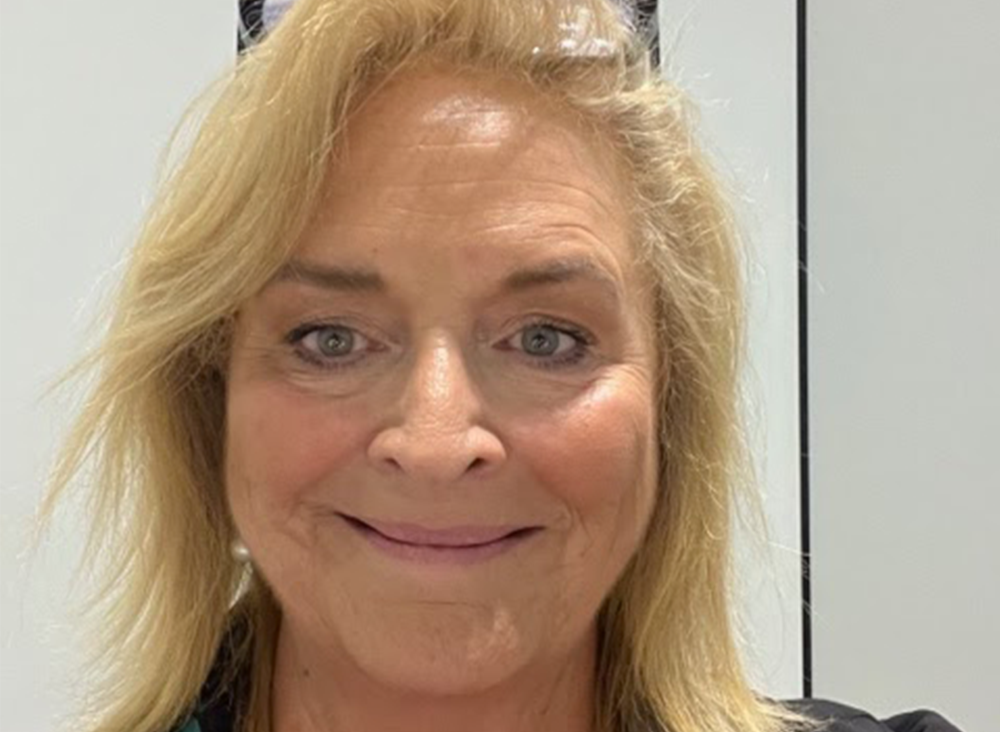
As I planned my visit to see my 18-year-old son, who spent 89 days in wilderness therapy and then transitioned directly into a therapeutic boarding school, I reflected on my circle of influence. With the guidance of my therapist, I worked on identifying behaviors that might trigger me as he moves into transitional living and begins his new independent life.
My need to control was resurfacing, despite the 12+ months of work I’ve done and continue to do. It crept into my casual conversations and interactions with my son. I had put in the effort, so why didn’t I realize that those twinges of anxiety were causing him distress? My brain and nervous system were overriding my words and actions, causing me to step outside my circle of influence. Even if I didn’t say anything, my son could sense my unease.
Communication isn’t just verbal; it’s non-verbal too—an eye roll, raised eyebrows, or a heavy sigh. I hadn’t realized that my actions were preventing my son from growing and taking control. Those subtle reactions, and some not-so-subtle ones, came across to him as, “You’re not able to make your own decisions,” “I’m not sure you can do this,” or “My way is the best way.” In my effort to stay connected, I had unintentionally left my circle of influence and entered a space of control, undermining his autonomy.
So, the question became: what if I didn’t do those things? What would that be like? Slowly, I began to realize that by letting go, I was creating the very moments I had been trying to control. By being present and sitting in the moment, I was able to see that my son is a wonderful person, full of great ideas, interesting perspectives, and unique views of the world. By stopping my automatic urge to control, I began to realize that staying within my circle of influence—focusing on what I can genuinely impact—actually led to a deeper connection. I felt a pang of sadness that my well-intended input and guidance, given out of love, had been perceived as judgment—telling him what he “should” be doing.
On the eve of my son’s graduation, I reflect on how I can best support him as he transitions into independent adulthood. I want to be a “safe space” for him—a place where he feels comfortable sharing his thoughts, hopes, dreams, and fears. I want to remain in his “circle of influence” as he navigates his path toward understanding his place in the world.
Ronda Peklar DeMay is a devoted wife and mother of two: an 18-year-old son and a 10-year-old daughter. With 25 years of experience, she serves as the Pacific Northwest Director of Sales for a luxury eyewear manufacturer and distributor. Ronda resides in Northern California with her husband, Chris, their daughter, Olivia, and their two large dogs, Kona and Duke. The family enjoys spending time outdoors every day. Her son, Ethan, has recently begun his college journey at a Transitional Living program in Tucson, Arizona.